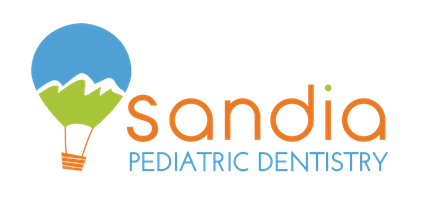As a new or expectant parent, you may have heard the term “bottle rot” or “baby bottle tooth decay.” We typically think of babies’ bottles as a source of nourishment and growth however, they can also be the source of serious tooth decay if not used properly―or if your baby clings to the bottle beyond the time when he or she should have outgrown it.
Baby bottle tooth decay refers to early childhood caries, usually in the front teeth, caused by prolonged exposure to sugars, usually from a bottle or breast feeding. The good news is that these cavities can often be prevented by following a few precautions:
- Do not let your child take a bottle to bed, which can lead to prolonged exposure to sugars.
- Fill bottles only with formula, breast milk, or plain water. Never give your child a bottle of sugar water, juice or soft drinks. Diluted juice is just as harmful as 100% juice.
- Do not share saliva with your child via utensils or pacifiers, as this can transmit harmful bacteria.
- Always use a clean pacifier. Do not sweeten it with sugar or honey.
- Encourage your child to start drinking from a cup by his or her first birthday. Unlike a bottle, a cup will not cause liquid to collect around the teeth. And your child won’t take a cup to bed.
- Limit the frequency of exposures to drinks other than water. Encourage your child to fill their belly in one sitting rather than sipping throughout the day or night.
Make sure you bring your child in for a dental appointment before his or her first birthday. Even though primary (baby) teeth are temporary, they need diligent care because they provide the foundation for the permanent teeth. Early childhood is the best time to build good dental hygiene habits that will last a lifetime.
If you haven’t seen us lately, call our office for an appointment. We will review the best hygiene practices with you―practices that will prevent cavities and gum disease and give your child a lifetime of healthy smiles.

